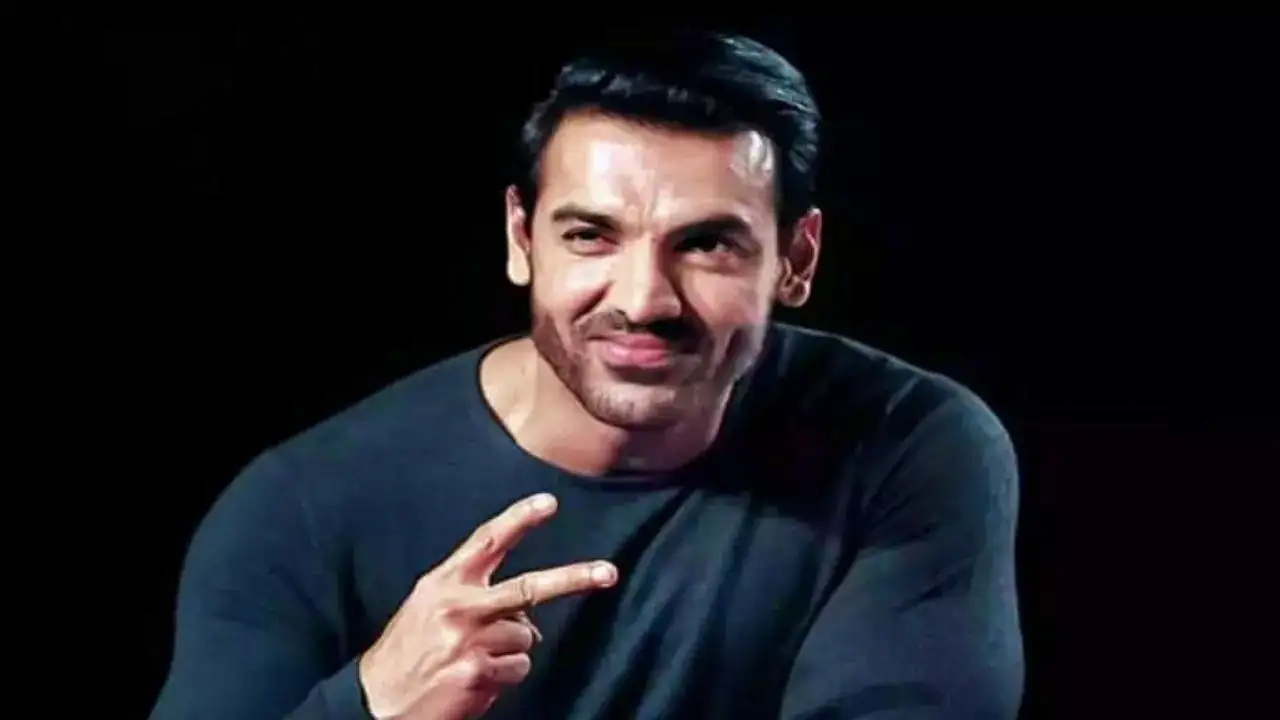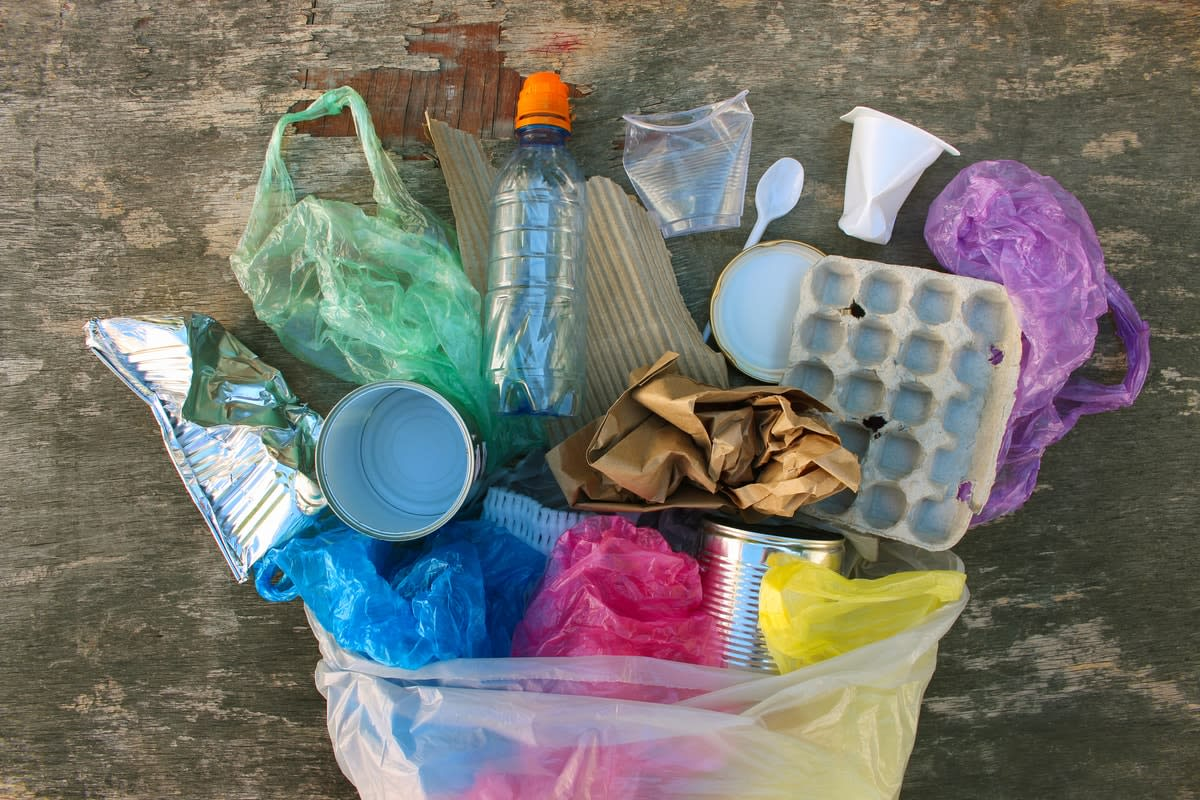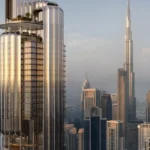Now Reading: “How IoT Is Changing Dubai Into the World’s Smartest City 2025”
-
01
“How IoT Is Changing Dubai Into the World’s Smartest City 2025”
“How IoT Is Changing Dubai Into the World’s Smartest City 2025”
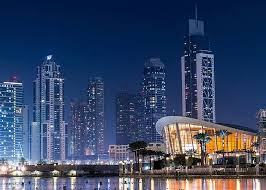
Table of Contents
Dubai, one of the world’s fastest-growing cities, is on an ambitious journey to become a global leader in smart city development. At the heart of this transformation is the Internet of Things (IoT) — a network of connected devices that gather and exchange data to make urban life more efficient, safe, and sustainable. As Dubai invests billions into technology-driven infrastructure, IoT plays a key role in shaping the future of the emirate.
What Is IoT and Why Does It Matter?
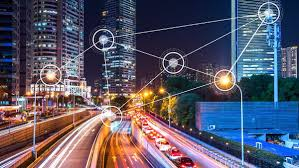
Before diving into Dubai’s plans, let’s understand what IoT actually is. The Internet of Things refers to everyday objects — from streetlights to water meters — that are connected to the internet. These objects collect, transmit, and sometimes even act on data without human intervention.
For example, smart traffic lights adjust their timing based on real-time road congestion. Smart bins signal when they are full to optimize waste collection. This is the magic of IoT: turning simple objects into intelligent tools that improve how a city functions.
In Dubai, IoT technology is not just an experiment — it is central to the emirate’s Smart Dubai 2021 and Dubai 2030 visions.
Dubai’s Ambitious Smart City Vision
Dubai’s leadership has made it clear: the city wants to be the smartest city in the world. As part of this vision, the government has introduced several initiatives like:
- The Smart Dubai Strategy: Launched in 2014, this plan focuses on improving the lives of residents through technology. IoT is the backbone of this initiative.
- Dubai Internet of Things (IoT) Strategy: In 2017, Dubai became the first city in the Middle East to launch a full IoT strategy. Its main goals include building a safe, efficient, and impactful IoT ecosystem by 2021 and beyond.
According to government sources, over 545 smart city projects have been launched in the city in various sectors such as transport, energy, healthcare, environment, and public safety.
IoT Applications Transforming Dubai
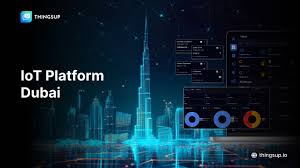
1. Smart Transportation:
Dubai’s Roads and Transport Authority (RTA) is investing heavily in IoT to improve traffic flow, reduce accidents, and increase road safety. For example, smart traffic signals, based on IoT sensors, change patterns depending on real-time data collected from roads.
Even public transport, like buses and taxis, are now connected to the city’s digital network, providing updates on delays, traffic conditions, and fuel consumption. Dubai is also testing self-driving cars and autonomous flying taxis, made possible by IoT communication systems.
2. Smart Energy and Utilities:
The Dubai Electricity and Water Authority (DEWA) uses IoT to manage resources better. Smart meters installed in homes and buildings allow residents to monitor their electricity and water usage via mobile apps, helping them reduce waste and lower bills.
IoT sensors also help detect water leakages or electrical faults before they become serious issues, ensuring a more reliable and sustainable city infrastructure.
3. Smart Security and Surveillance:
Dubai police have deployed thousands of IoT-connected surveillance cameras across the city. These devices can recognize faces, track suspicious activities, and alert authorities in real time. This ensures that Dubai remains one of the safest cities in the world.
4. Smart Waste Management:
Garbage bins equipped with IoT sensors report their status to waste management authorities. This allows garbage trucks to plan optimal routes and schedules, reducing fuel consumption and pollution.
5. Smart Healthcare:
IoT is also transforming Dubai’s healthcare system. Smart wearable devices track patient health data and share it with doctors instantly. Ambulances are connected to hospital systems, providing doctors with patient information even before arrival.
Challenges on the Road Ahead
Despite its progress, Dubai’s IoT-driven smart city transformation is not without challenges:
- Data Privacy and Security: With millions of devices collecting data, ensuring that this information is protected from cyber threats is a top concern. Dubai is investing in cybersecurity systems and regulations to keep personal and city data safe.
- High Costs: Developing smart infrastructure requires large investments. However, Dubai’s leadership believes the long-term savings and benefits in efficiency, safety, and sustainability make the costs worthwhile.
- Interconnectivity Issues: IoT works best when devices from different manufacturers can communicate. Dubai is working on setting common standards and protocols to make sure all devices are compatible and reliable.
Dubai’s Future as a Global Smart City
As Dubai prepares for Expo 2025 and beyond, the role of IoT will become even more important. The city plans to introduce:
- 5G-powered IoT systems for faster data transfer and real-time responses.
- Autonomous public transport networks, guided entirely by IoT data.
- AI-driven smart buildings that adjust temperature, lighting, and security automatically.
Experts predict that Dubai’s full adoption of IoT will not only improve the quality of life for residents but also attract global businesses and investors, eager to be part of the world’s smartest city.
Conclusion
Dubai’s smart city development is a living example of how IoT can redefine urban living. From traffic management and energy savings to healthcare and public safety, IoT is the invisible force driving the city’s success.
As the rest of the world watches, Dubai continues to set the standard for future smart cities — and IoT remains the heart of this exciting transformation.
Read More:- Shobha Realty Launches Its Most Luxurious Project Yet—Full Details Inside 2025



